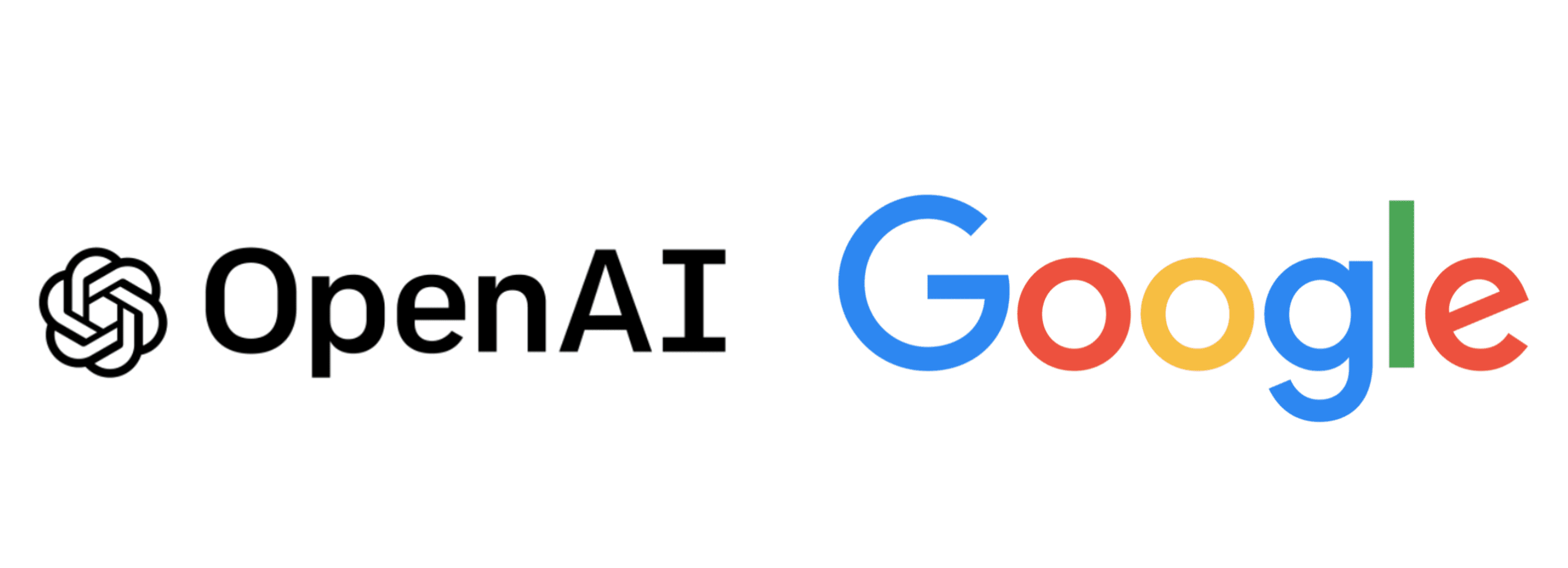It looks like the AI arms race is heating up.
Google is expected to announce soon the launch of a competitor to ChatGPT, the generative AI tool that has shaken the technology and business world.
ChatGPT is the product of OpenAI, the company that produced Dall-E, which uses AI to create images. ChatGPT is one of many chatbots designed to respond to queries from people by providing richer, more detailed, and more human-sounding answers than their predecessors. The incredibly slick bot uses AI to do everything from write copy to answer search queries to write code.
Some technology/business watchers have speculated that ChatGPT is a threat to Google Search. That’s because ChatCPGT responds to queries with a single answer that synthesizes information, which could upend how Google Search provides answers with links to information. Moreover, OpenAI is receiving deep funding from Google competitor Microsoft, which is incorporating the tool in its products, including, reportedly, Bing Search.
Well, Google has not taken the rise of ChatGPT lightly. Google’s parent Alphabet announced its quarterly earnings recently, and Alphabet CEO Sundar Pichai said that Google is working on its own form of smart search. He said that “very soon people will be able to interact directly with our newest, most powerful language models as a companion to Search in experimental and innovative ways.”
Apparently “very soon” is almost here. On February 8, Google is hosting an event on YouTube, which will revolve around “using the power of AI to reimagine how people search for, explore and interact with information, making it more natural and intuitive than ever before to find what you need.”
Releasing an answer to ChatGPT is not far-fetched. Google has contended that it has been developing AI-powered search technology for quite some time but is not ready to share it publicly. Examples of Google’s AI-driven products include a chatbot language model called LaMDA (Language Model for Dialogue Applications), an image-generation AI called Imagen, and MusicLM, which translates text to music.
But when OpenAI seized the narrative about generative AI by releasing ChatGPT in November 2022, reportedly Google went into “Code Red” mode and began fast tracking the development of various AI products.
Google has reportedly asked employees to test potential ChatGPT competitors, including “Apprentice Bard,” which makes it possible ask questions and receive detailed answers similar to ChatGPT. Details about Apprentice Bard’s functionality were leaked to CNBC, which reported:
Apprentice Bard looks similar to ChatGPT: Employees can enter a question in a dialog box and get a text answer, then give feedback on the response. Based on several responses viewed by CNBC, Apprentice Bard’s answers can include recent events, a feature ChatGPT doesn’t have yet.
Meanwhile, recently it was reported that Google has invested $300 million in AI startup Anthropic, which is testing a rival to OpenAI’s ChatGPT. Anthropic’s language model assistant, Claude, hasn’t yet been released to the public, but the startup told Bloomberg it planned to expand access to the chatbot “in the coming months.”
One way or another, Google is gearing up to respond – although the impact of a chat-powered AI tool on Google’s paid search business remains unclear.
At True Interactive, we are following these developments closely. We already use Google’s AI-powered ad products. Based on our experiences with AI, we strongly advise that businesses experiment with these tools carefully.
We also recommend that businesses keep people involved in managing AI (or any technology). People are needed more than ever to ensure that AI does its job well. For instance, our experience has consistently shown that automated ads powered by AI underperform without people involved to monitor and modulate them when necessary. The same is true of generative AI. These tools sure sound confident when they present information, but they make mistakes, and they are notoriously biased. They are nowhere near the point of being self-sufficient.
We’ll follow the developments from Google and report back on our blog.
Contact True Interactive
To succeed in the ever-changing world of online advertising, contact True Interactive. Read about some of our client work here.
